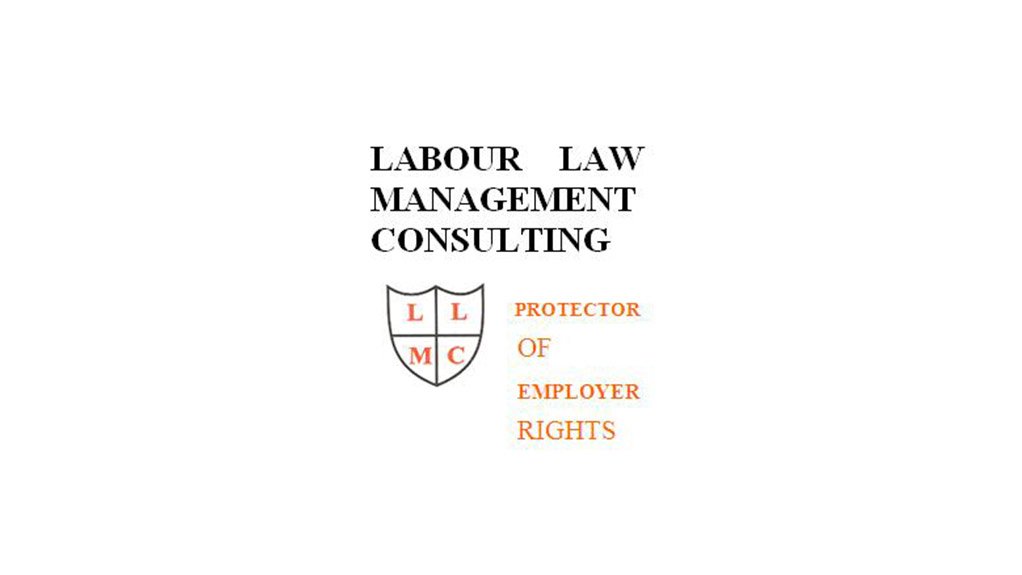Where a party at the CCMA or bargaining council is unhappy with the award or ruling of an arbitrator he/she does not have the right of appeal. However, an aggrieved party can take the arbitrator’s ‘conduct’ on review. That is, either party has the right to take the arbitrator to the Labour Court, if he/she believes that the arbitrator has acted incorrectly in respect of the case in question. It is therefore not the arbitrator’s decision that is taken on review but the way in which it was arrived at.
Examples of such arbitrator misconduct include, amongst others, bias, unbalanced interrogation of witnesses, improper analysis of evidence, ignoring of evidence, refusal to allow a party the right to question witnesses or bring evidence, failure to apply his/her mind, misconstruing of evidence and overstepping his/her authority.
Bias
In Leboho vs CCMA and others (2005, 8 BLLR 802) the Labour Court set aside a CCMA award because the arbitrator called a witness instead of leaving it to the parties to do so. As this witness was potentially able to advance the employer’s case the arbitrator’s conduct gave the impression of bias.
Aggressive Interrogation
In NUSOG vs Minister of Health and social Services (2005, 4 BLLR 373) the Labour Court found that the arbitrator had aggressively interrogated the applicant employee and that this was grounds for successful review.
Improper Analysis of Evidence
In SABC VS CCMA & Others (2006, 6 BLLR 587) the CCMA had found that the employee had been unfairly dismissed because he was fired for misconduct while the allegations related to poor performance. The Labour Court set aside this award because the CCMA was wrong in its categorisation of the offence and because assessing what the employee had done was more important than placing the behaviour in a category.
Ignoring of Evidence
In the case of Sasko (Pty) Ltd vs Buthelezi & others (1997, 12 BLLR 1639 LC) the arbitrator failed to take into account that the applicant employee had refused a promotion to a post in another town. Therefore, in arriving at the decision that the employer had unfairly failed to promote the employee the arbitrator had not taken into account material evidence. The Labour Court found this to be a breach of the arbitrator’s duty and set the decision aside.
Misconstruing Evidence
In the case of American Leisure Corporation, Durbanville vs Van Wyk and others (2005, 11 BLLR 1043) the Labour Court found that the CCMA had misconstrued the evidence and had therefore decided incorrectly that the employee had been dismissed.
Parties are warned that, even if they believe that they have evidence of arbitrator misconduct it is still difficult to persuade a court judge that this evidence amounts to solid proof meriting the overturning of the award. Also, very often, the loser in Labour Court pays the legal costs of the winner. Therefore, parties should not lightly take the decision to apply to Court for a review on their own without the benefit of proper legal expertise.
To observe our experts debating hot labour law topics please click the Labour Law Debate item in the menu at www.labourlawadvice.co.za.
Written by Ivan Israelstam, Chief Executive of Labour Law Management Consulting. He may be contacted on (011) 888-7944 or 0828522973 or on e-mail address: ivan@labourlawadvice.co.za. Go to: www.labourlawadvice.co.za.
EMAIL THIS ARTICLE SAVE THIS ARTICLE ARTICLE ENQUIRY
To subscribe email subscriptions@creamermedia.co.za or click here
To advertise email advertising@creamermedia.co.za or click here











